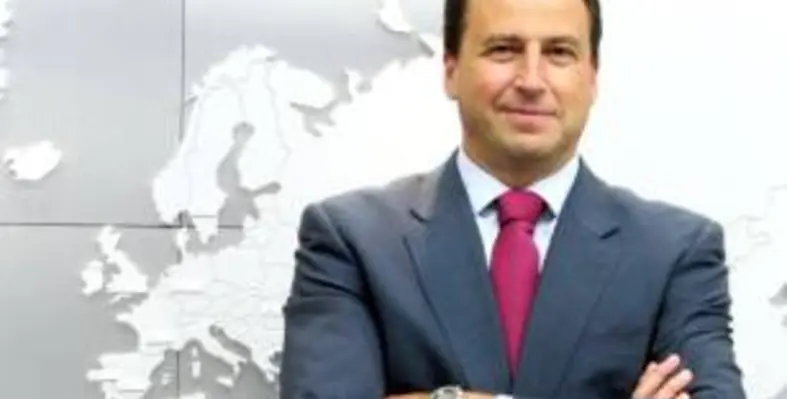Less than four per cent of the worlds water is reused. In the arid Middle East, however, the figure is understandably higher. Carlos Cosin, IDA director and chairman of Abengoa Water, a Spanish company heavily involved in a number of water projects across the Middle East, talks to Technical Review ME about the future of the regions water sector
Technical Review ME (TRME): What can you tell us about the research and development work that has recently been taking place on desalination, drinking-water production, purification and water re-use technology within the industry and what benefits will we see coming out of these efforts?
Carlos Cosin: Fortunately the company has realised that there is no future in the water sector if you are not co-investing or directly investing in innovation. We are seeing an increase in companies that share this vision.
The benefit in the future will be more cost-effective and energy-efficient technologies. New, disruptive technologies that provide improved, sustainable ways to treat water, reduce water loss and recover water for new applications will eventually reduce the need for use of fresh water.
TRME: What are the biggest challenges associated with the development of water reuse and performance technologies within the global industry and how are these issues being addressed?
Cosin: Taking into account that just four per cent of the water in the world is reused, any increase in this figure affects the water industry in two ways ? on one hand, it reduces the demand for water, as 100 per cent of this water can be used for industrial or agricultural purposes, and on the other hand it reduces the polluted water that is not being treated, as 40 per cent of wastewater is not treated in the world, reducing the impact on the environment.
The big challenge is to increase public will for water reuse. Public policy that encourages and obligates water reuse and parallel public education will be necessary in order to promote water reuse.
TRME: Abengoa has been playing a leading role in the development of the water management sector over the past couple of years. How do you envision this leadership role developing in the years to come and what can you tell us about Abengoa Water's plans and strategy for 2014?
Cosin: Our next step is to commit to new areas that the market is demanding and continue to grow our R&D programme which permits us to increase our added value. In the coming years we will be focusing our effort in the following activities:
- Reuse for all sectors and applications ? drinking water, recovery uses for new applications in industry
- Industrial sector ? finding solutions to solve this issue as water scarcity is now a limiting factor restricting development
- We want to use our expertise and decades of experience in operation and maintenance by offering long term services to the industry
TRME: Which ongoing water projects and developments within the GCC and wider region have you been most impressed by and why?
Cosin: There are two projects in particular that have caught my eye recently in the GCC. Masdar, Abu Dhabi, is important in terms of innovation as the project will include a pilot plant phase before building the plant. This is a new development in the field.
Qurayyat, Oman, was completely destroyed by a rock avalanche and is now being reconstructed through cooperation between the local government and the private sector to facilitate industrial growth.
In addition to those projects I have been impressed in general by the large scale desalination plants utilising membranes that have appeared in Saudi Arabia lately. The budget that Saudi Arabia has allocated to desalination is quite impressive.
TRME: How important is the International Water Summit as a platform for both the global and regional water management industry?
Cosin: Taking into account that these dry areas comprise a large majority of the desalination market, there is no other area on the planet as committed to industrial water development. The projects developed in this region have been a great example for other areas and countries from technical and financial point of view.








